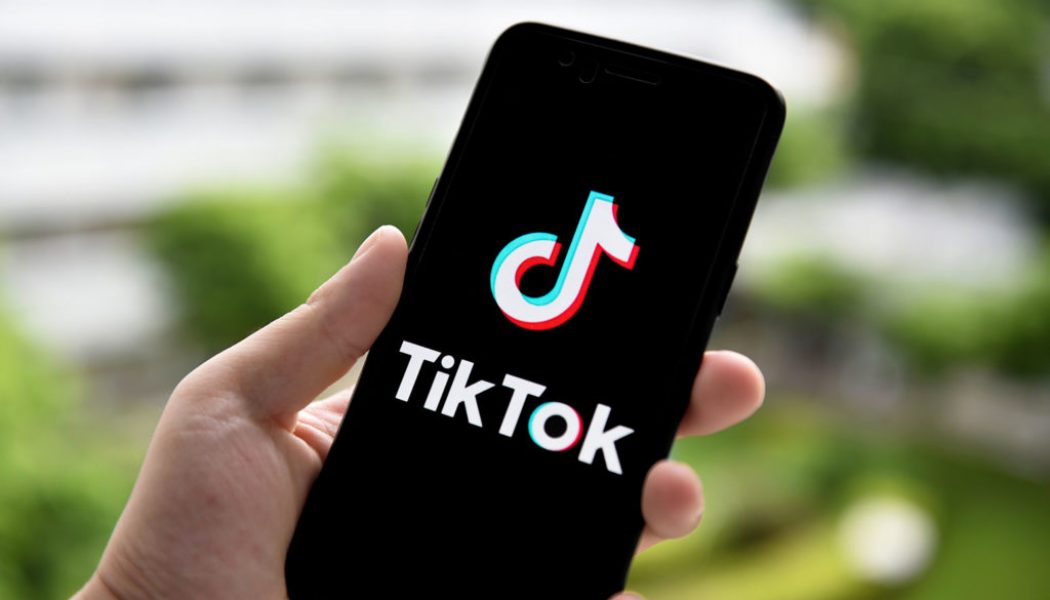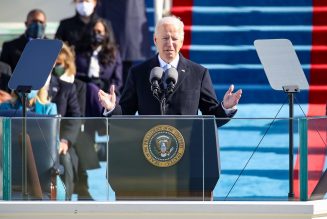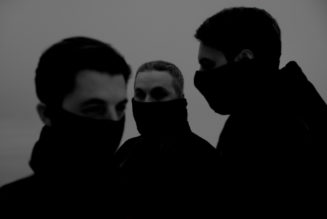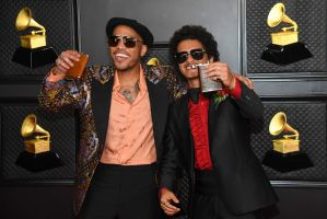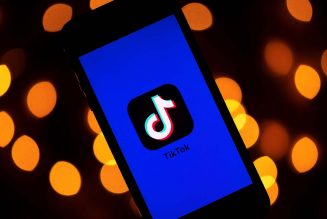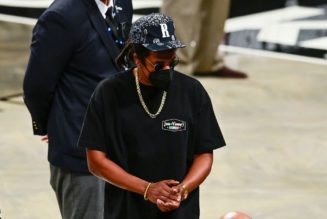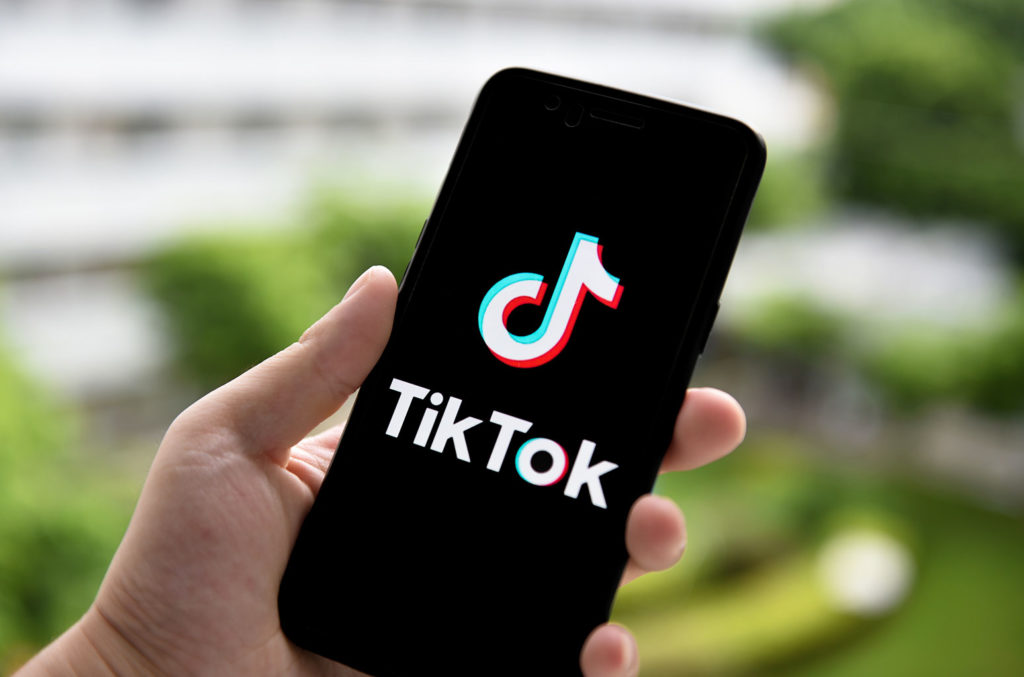
A federal judge is issuing an injunction at the 11th hour.
A D.C. federal judge is giving TikTok a temporary reprieve from the U.S. government’s rollout of a ban on the popular video app. A partial injunction order came after an emergency court hearing on Sunday.
TikTok owner ByteDance had been facing a Sunday deadline to satisfy the Trump Administration’s national security concerns about data scooped up by the Chinese-owned company. TikTok has argued there’s no sound basis for any alarm that user information would be shared with the Chinese government, but that hasn’t satisfied President Donald Trump, who issued an executive order stopping transactions with TikTok. Since the ban announcement, TikTok has pursued an agreement with Oracle and Walmart that would allow it to keep operating in the United States. However, getting final approvals has proven tricky.
So TikTok has also moved for a preliminary injunction. The company argues that Trump’s ban exceeds presidential authority, violates users’ First Amendment rights, and because it’s arbitrary and capricious, also flouts the Administrative Procedures Act. TikTok adds that the ban amounts to impermissible regulation of users’ “personal communications” and was not “motivated by a genuine national security concern, but rather by political considerations relating to the upcoming general election.”
At Sunday’s hearing, U.S. District Court Judge Carl Nichols said he understood TikTok’s presentation about irreparable harm, one of the main prongs for an injunction. The company says that a shutdown, even one lifted within two months, would result in a drop off of between 40 percent and 50 percent of its daily active users, who would be unlikely to return.
TikTok’s attorney John Hall also highlighted the larger stakes.
“This case is about the freedom of expression,” said Hall. “Yes, TikTok is an app, but it is more than that. It’s a modern-day version of a town square … and it’s huge. One hundred million users, a third of the country. If the prohibition goes into effect, the consequences would be great. It’d be no difference than the government locking everyone out from that town square, roping it off, telling a third of the country that it’s not interested in hearing you. And the government would take this action at a time when need for communication is at absolute zenith — 37 days before an election.”
A spokesperson for TikTok welcomed the development. “We’re pleased that the court agreed with our legal arguments and issued an injunction preventing the implementation of the TikTok app ban,” reads a statement sent to Billboard. “We will continue defending our rights for the benefit of our community and employees. At the same time, we will also maintain our ongoing dialogue with the government to turn our proposal, which the President gave his preliminary approval to last weekend, into an agreement.”
Nichols was appointed to the federal bench last year by Trump. His most notable decision until now came in Aug 2019 when he issued a temporary restraining order that barred New York from handing over Trump’s state tax returns to the House of Representatives.
Today, he attempted to focus the parties on the question of whether TikTok would ultimately prevail on its legal claims.
Under Trump’s ban, TikTok wouldn’t be on App Stores for the next six weeks, meaning new users couldn’t download the video app, and existing users wouldn’t be able to get updates. After November 12, TikTok would likely disappear from the country altogether as other companies wouldn’t be able to offer cloud and internet services for the app. Hall argued that the App Store ban amounted to a “blunt way to whack the company while doing nothing to achieve the stated objection.” If users couldn’t get software updates, he said, that would only harm users’ ability to get security updates that would lock down their personal data.
“This concern is purely theoretical unless TikTok is saying there is a flaw in the app,” responded a Justice Dept. attorney at today’s hearing. He added that the most immediate impact of the ban would be on future users, not present ones.
The government also said it was appropriate for the Secretary of Commerce to address the immediate threat of data being vulnerable to Chinese collection. The judge was told that TikTok was essentially asking the court to review national security determinations. “That’s not reviewable,” said the DOJ attorney, later attempting to undercut TikTok’s First Amendment claim too. “The national security basis [for the ban] would be the same if this application was a calculator with no expressive activity at all.”
The hearing concluded with Nichols taking the matter under advisement. Hours later, the order came granting the injunction in part, although the opinion giving the judge’s reasoning is currently under seal.
This article originally appeared on The Hollywood Reporter.
